Braskem
-
Europe & Asia
- Worldwide Sites
- Brazil
- Mexico
- United States
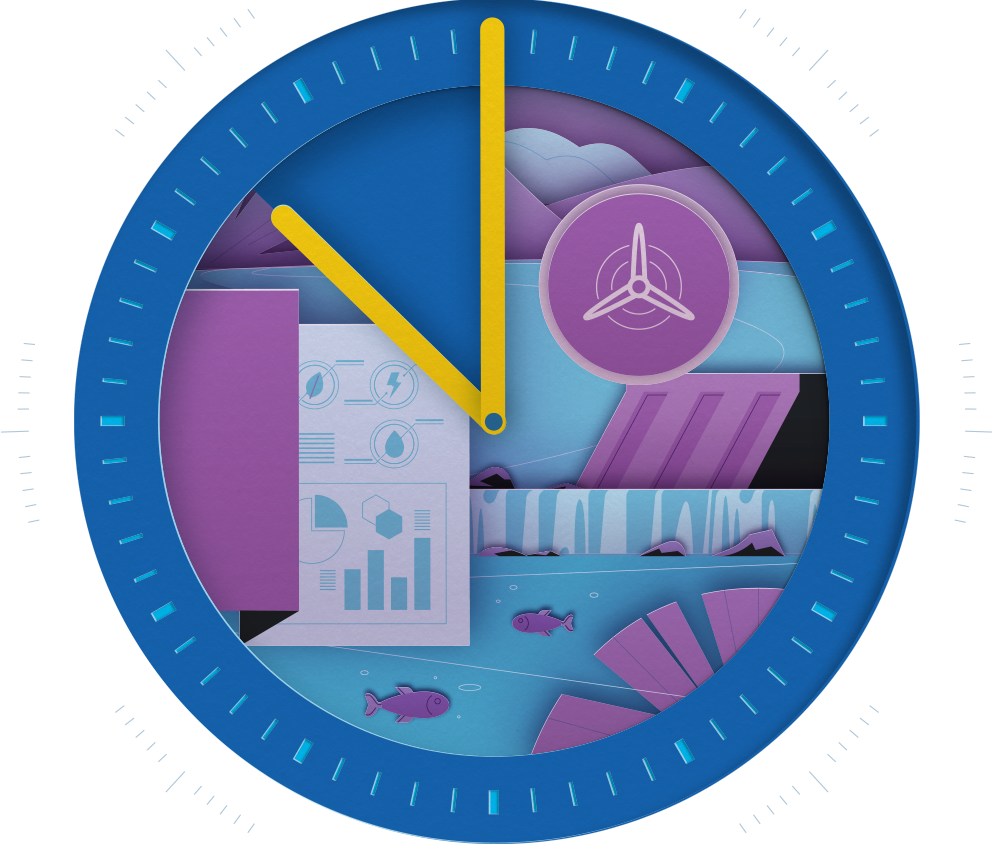
With a focus on water and energy use, our ambition is to be among the benchmarks in operational eco-efficiency in the global petrochemical industry. Eco-efficiency for Braskem is to produce and provide competitive services to the market with lower consumption of natural resources and lower generation of pollutants. By doing so, companies can become more environmentally responsible and profitable. We seek to make our operations more sustainable through eco-efficiency by mapping actions to mitigate negative impacts and leveraging positive environmental impacts.

Eco-efficiency for Braskem is to produce and provide competitive services to the market with lower consumption of natural resources and lower generation of pollutants.
By doing so, companies can become more environmentally responsible and profitable.
We seek to make our operations more sustainable through eco-efficiency by mapping actions to mitigate negative impacts and leveraging positive environmental impacts, with a focus on water and energy.

We work to reduce water consumption from our operations, increase our water reuse rates and ensure that all our operations have water safety. Additionally, we engage with our supply chain in regions on potential water stress.
In order to strengthen the sustainable use of this resource, Braskem has invested since 2002, year of its creation, in various initiatives for water economy and reuse. Since then, more than BRL 280 million has been invested in projects that have improved the company’s water efficiency and made it one of the chemical companies that consumes the least water in the world, according to data from the International Council of Chemical Associations (ICCA). We set annual eco-efficiency goals for water consumption and effluent generation per ton of products produced (m3/t) which are reviewed monthly by the company’s top leadership.

Reducing energy consumption and using renewable energy are keys to reducing our carbon emissions. Therefore, we invested in energy efficiency projects in our plants, as well as through partnerships in the form of long-term agreements for the purchase of clean energy.
Currently, at least 74% of all our electricity purchased globally comes from renewable sources.
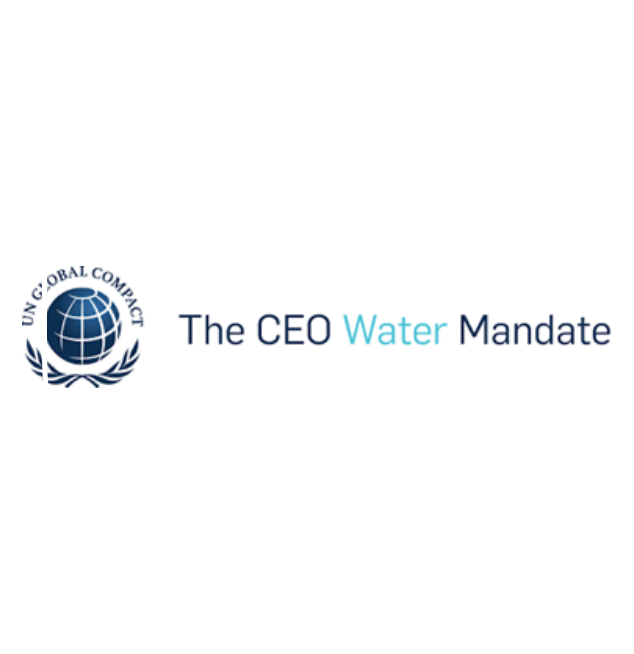
UN Global Pact Platform that brings together a community of more than 150 companies worldwide committed to advancing water management.
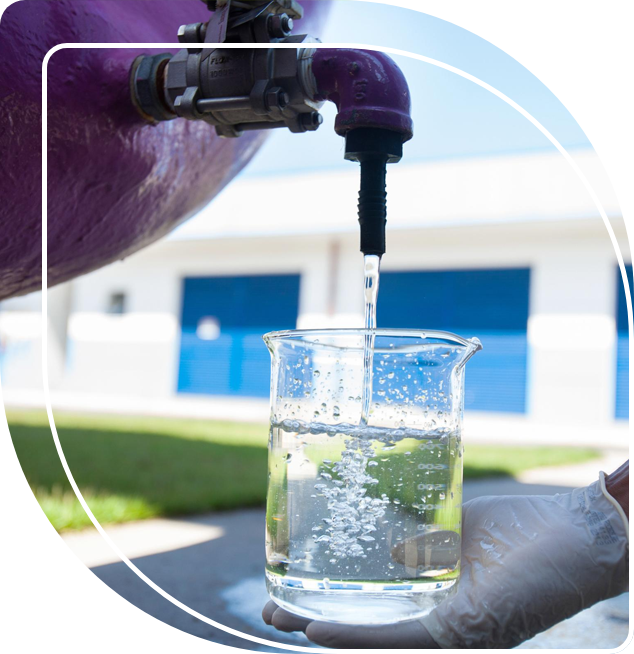
Created in 2010, is the largest industrial reuse water production project in South America and the fifth largest on the planet.
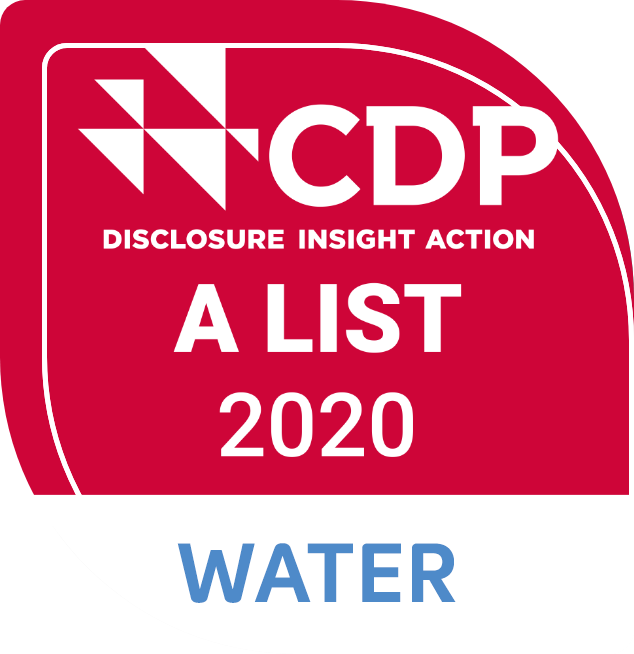
We are part of the CDP Water “A List”, which recognizes the best publicly traded companies in the world in relation to water use management. Today we are part of the select group of 1% of companies worldwide that joined the “A List”.
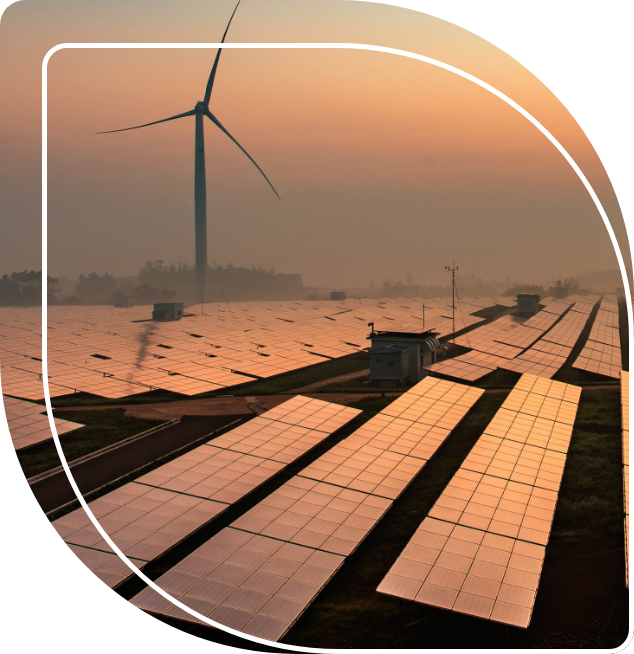
Since 2019, we have had an Energy Efficiency Program, designed to accelerate energy initiatives that increase competitiveness and contribute to the reduction of CO2 emissions. The Program already brings together relevant initiatives that will allow Braskem to be among the best chemical companies in the world in energy consumption intensity.
